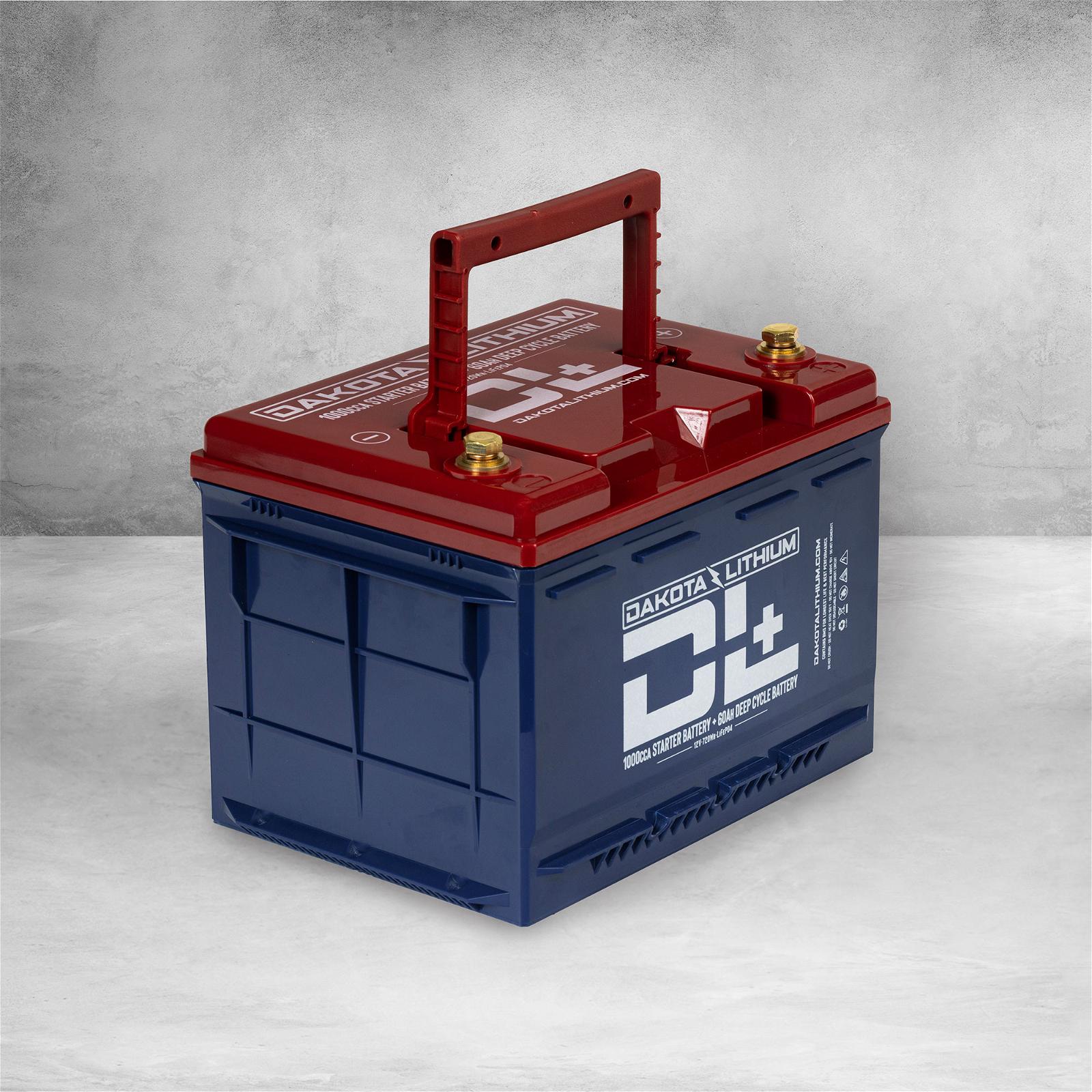Ribs77
Jet Boat Addict
- Messages
- 159
- Reaction score
- 95
- Points
- 97
- Location
- PNW
- Boat Make
- Yamaha
- Year
- 2021
- Boat Model
- AR
- Boat Length
- 19
Hey all, I'm in a wet slip without access to power this summer. AR195 with just one 12V battery.
So far so good, as I haven't let the boat sit for more than a week without use. But I'm looking at setting up a solar trickle charging situation so I don't have to worry as much.
I already have a NoCo genius trickle charger. What I'm thinking of adding are these two:
Power bank
30w Solar panel
So the setup, as I understand it, would be that the solar panel sort of trickle charges the power bank, while the bank supplies power to the trickle charger that's actually trickle charging the boat.
Would this work as I'm expecting? Thanks in advance!
So far so good, as I haven't let the boat sit for more than a week without use. But I'm looking at setting up a solar trickle charging situation so I don't have to worry as much.
I already have a NoCo genius trickle charger. What I'm thinking of adding are these two:
Power bank
30w Solar panel
So the setup, as I understand it, would be that the solar panel sort of trickle charges the power bank, while the bank supplies power to the trickle charger that's actually trickle charging the boat.
Would this work as I'm expecting? Thanks in advance!

